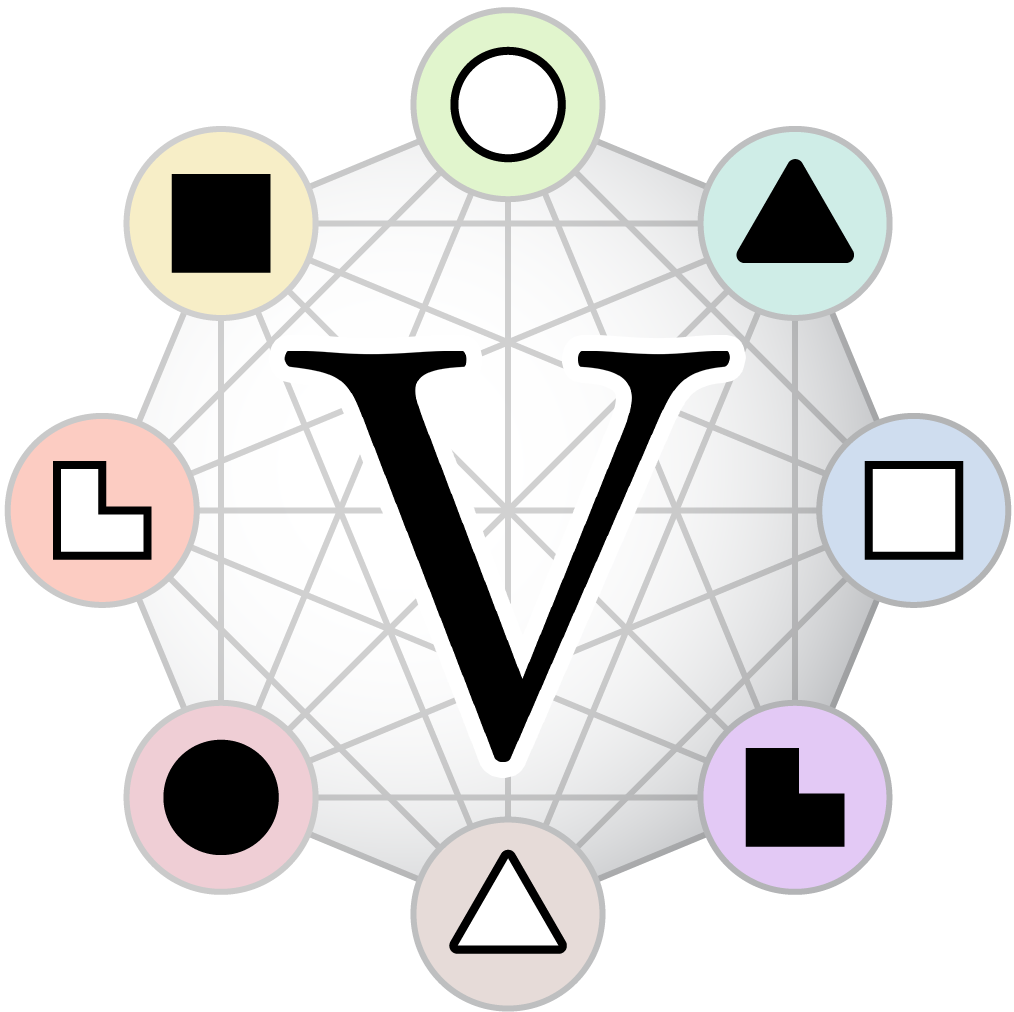Business observations
SEI-IEI
Olesia (IEI): The differences in communication can be summarized as: IEI "All these details are irrelevant. What are you trying to say? What's the main point?" SEI "Here are the specifics. Why don't you care about them? You're making a load of assumptions!" IEIs and SEIs seems similar in dealing with day-to-day situations - we have same creative and activating functions - but their overall, mental maps are very different. SEIs absorb things as they are with all the specifics, while IEIs' maps consist of generalized laws and quasi-philosophical wonderings. This complicates deeper communication that isn't immediately applicable to the situation at hand, which is likely why these are called relations of business.
Phili (IEI): Sometimes I feel like SEIs don't like my type of philosophizing. When we talk about topics in literature, art, economics, philosophy I find that SEIs are much more specific in how they think. They will sprinkle the conversation with names, dates, specific references, word-for-word quotes. I keep thinking that all of this is extraneous in conversation. I want to hear them put it all together and see the meaning behind it, but all I get are these strings of very specific information. While they cannot believe how I could immerse myself in a subject thoroughly without recalling all these bits, and particularly without going to the original sources to read it exactly word-for-word. When I don't demonstrate such polished in all its detail knowledge, they think I don't know what I'm talking about. As least this is how one of my SEI teachers was.
That we are different in Reinin's Tactical/Strategic also stands out, but in a good, complimentary way. Once I planned a trip to go visit a museum in another city with a SEI friend. This city had two streets by the same name. We ended up on the wrong one - and now we couldn't make it on time to the museum! as it was across the city and closing soon. My SEI friend became distraught and kept lamenting about how upsetting it is that we won't make it, when I suggested that we could just as well explore the neighborhood cafes and shops. My suggestion was very welcome, she lightened up, and a couple minutes later we were strolling down the streets of the neighborhood. She was so fixated on the goal of getting to this museum that she didn't realize that we could do something else instead, while I, as tactical type, readily change the plan to reach some more accessible, nearby goals.
She will sometimes praise my intuition, while I will marvel at her sensing. But because both of our sensing and intuition are introverted and "hidden" from each other's view, it's not apparent until each of us receives help from the other on this aspect. One time I have intuitively found a way for her to solve a problem for her computer science class assignment, for which she was very grateful. Another time, when I moved to a new place, she came by and pointed out several things about the interior of the new place that would have made it more comfortable. But she merely point them out - on her next visit she brought new drapes for my windows and then helped me hang them. She also draw my attention to more practical aspects of life, as well as to nuances of appearance and behavior of other people that I don't easily notice otherwise. But it also gets too tiring for me after a while to pay attention to all these details; soon my mind starts drifting away and I start thinking: "What is the main point?"
My SIE friend is very friendly in casual conversations and friendships, but up close she will reveal her negative side. She was seeing a SLE for a while, and one time he exclaimed to her: "You can't talk so poorly of other people!" I can see how some of her negative comments would be helpful for an ILE, with ILE's rosy, impractical, and idealistic perception of people, but the SLE sees people's weak points himself, and for him SEI's negative comments aren't needed and only further aggravating.
All in all, the IEI and the SEI can have a good friendship and a stable union, for as long as you learn to compromise and neither of you insists that your base function is the only valid way of seeing things.
